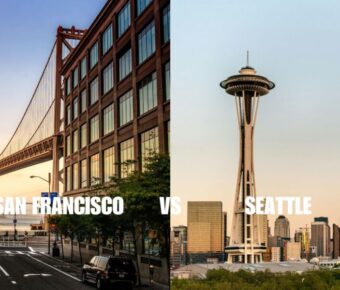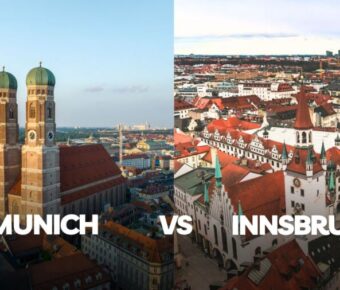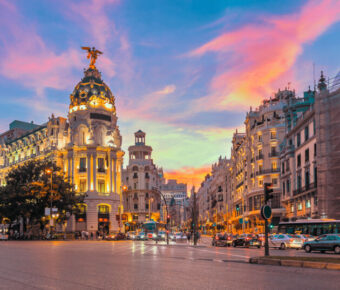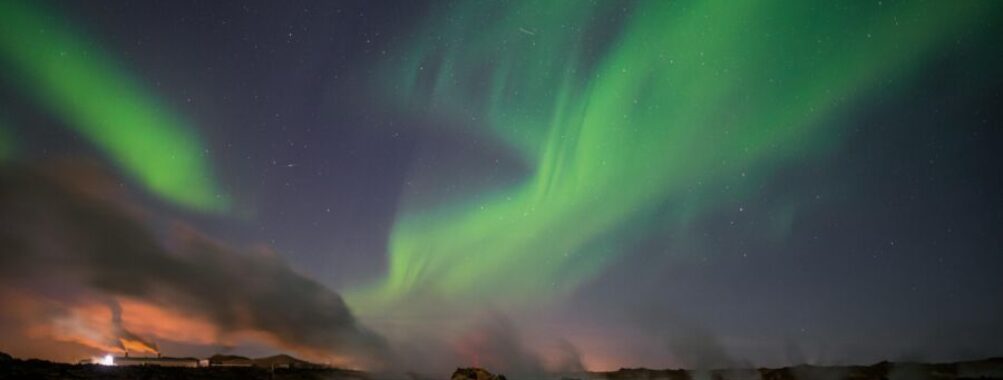
Best Time to Visit Iceland: A Month-by-Month Guide for 2025 🌟
Ready to chase the northern lights or bask in the midnight sun? As someone who’s experienced the magic of Iceland across all four seasons (and helped thousands of travelers plan their perfect trips), I’m excited to help you unlock the ideal timing for your Nordic adventure.
Quick Planning Tip: Already know when you’re visiting? Use the table of contents below to jump straight to your travel month! Not sure yet? Keep reading as we explore each season’s unique magic to the Land of Fire and Ice.
Contents
- What You’ll Discover in This Guide 🗺️
- Quick Guide to Iceland’s Seasons
- Your 2025 Iceland Travel Compass 🧭
- Weather & Daylight Magic ☀️
- Smart Savings & Crowd Strategies 💰
- Must-Do Seasonal Experiences 🎯
- Month-by-Month Guide to Visiting Iceland
- January: Winter Wonderland
- February: Peak Winter Experience
- March: Winter-to-Spring Transition
- April: Spring Awakening
- May: Pre-Peak Season Sweet Spot
- June: Midnight Sun Magic
- July: High Summer
- August: Late Summer Glory
- September: Autumn Colors
- October: Autumn Adventure
- November: Early Winter
- December: Holiday Magic
- Best Times to Visit Iceland by Interest
- For Northern Lights
- For Outdoor Activities
- For Wildlife Viewing
- For Photography
- Money-Saving Tips for Any Season
- Accommodation Strategies
- Transportation Tips
- Activity Planning
- Common Mistakes to Avoid
- Your Ultimate Iceland Packing Guide 🎒
- Summer Essentials (June-August) ☀️
- Winter Warriors (December-February) ❄️
- Shoulder Season Savvy (Mar-May/Sep-Nov) 🌤️
- Free Downloadable Packing Lists 📝
- Final Thoughts: When Should You Visit Iceland?
- More Travel Guides
What You’ll Discover in This Guide 🗺️
- Month-by-month activity guides
- Money-saving season hacks
- Local weather insights
- Crowd-beating strategies
- Photography timing tips
- Packing recommendations
Quick Guide to Iceland’s Seasons
- Summer (June-August): Midnight sun, mild weather, peak tourism
- Fall (September-November): Northern lights begin, fewer crowds, changing colors
- Winter (December-February): Northern lights peak, ice caves, shortest days
- Spring (March-May): Growing daylight, lower prices, spring blooms
Your 2025 Iceland Travel Compass 🧭
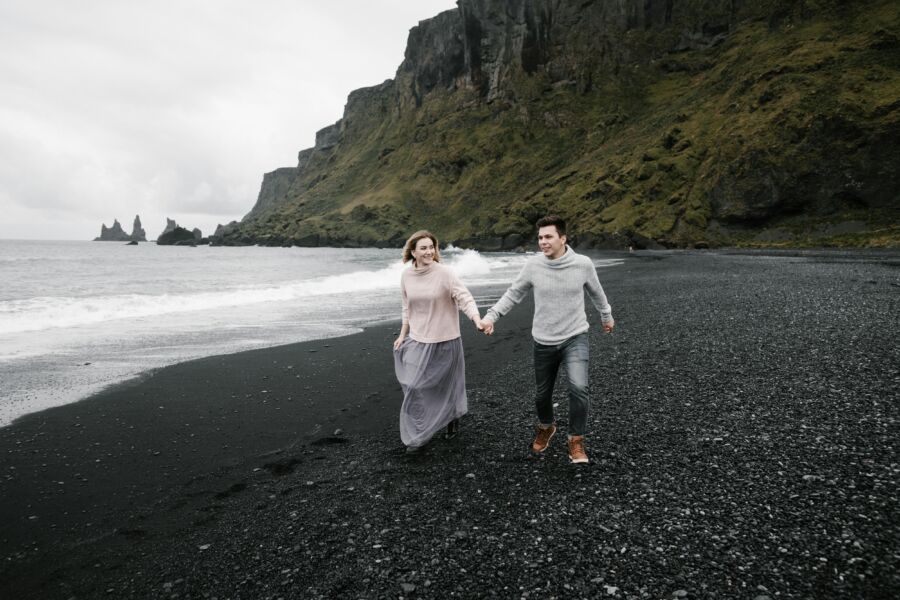
Fun fact: Did you know that Iceland’s weather can change dramatically not just season by season, but hour by hour? As my local guide friend Siggi loves to say, “If you don’t like the weather in Iceland, just wait five minutes!”
Before we dive into our month-by-month adventure planner, let’s get you oriented with the key factors that will shape your perfect Iceland timing:
Weather & Daylight Magic ☀️

Think of Iceland’s weather as nature’s own light show. In summer, the midnight sun bathes everything in golden light 24/7 (pro tip: pack an eye mask!). Winter brings cozy twilight perfect for those dreamy snow photos. Here’s what to expect:
🌞 Summer: 20-25 hours of daylight
🍂 Fall: 8-16 hours of daylight
❄️ Winter: 4-6 hours of daylight
🌱 Spring: 13-19 hours of daylight
Photographer’s Note: Each season offers unique lighting conditions. I’ve captured some of my best shots during the “blue hour” in winter, which can last for hours!
Smart Savings & Crowd Strategies 💰
(2025 Price Guide)
Peak Season (June-August)
- Hotel rates: $200-400/night
- Car rental: $100-150/day
- Tours: Book 6 months ahead
Shoulder Season (May/September)
- Hotel rates: $150-250/night
- Car rental: $70-100/day
- Tours: Book 3 months ahead
Off-Peak (October-April)
- Hotel rates: $100-200/night
- Car rental: $50-80/day
- Tours: Book 1 month ahead
Money-Saving Hack: Consider camping in summer! [Our recommended camping gear for Iceland] can save you up to 70% on accommodation.
Must-Do Seasonal Experiences 🎯

Click each activity to check current prices and availability!
Winter Wonders (November-March)
- Ice cave tours from $149/person
- Northern lights excursions from $89/person
- Winter super jeep adventures from $199/person
Summer Spectacles (June-August)
- Midnight sun glacier hikes from $129/person
- Highland F-road tours from $249/person
- Whale watching trips from $99/person
Year-Round Activities
- Blue Lagoon visits from $79/person
- Golden Circle tours from $69/person
- South Coast adventures from $129/person
Pro Tip: Book activities through our partner sites for exclusive ViaTravelers discounts and flexible cancellation policies!
Month-by-Month Guide to Visiting Iceland
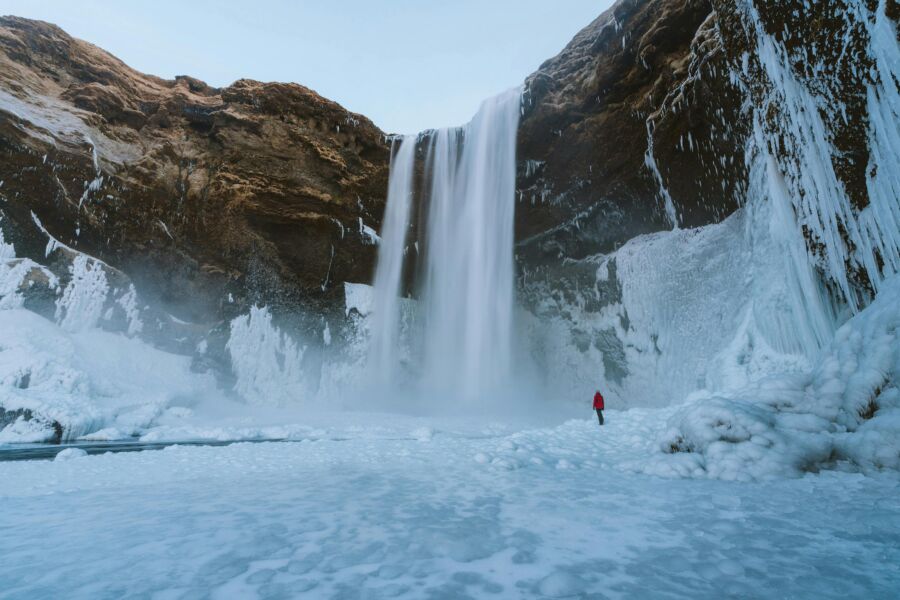
January: Winter Wonderland
Highlights:
- Prime northern lights viewing
- Ice cave exploration
- Winter photography opportunities
- Reykjavik’s Winter Lights Festival
Considerations:
- Limited daylight (4-5 hours)
- Challenging road conditions
- Lower temperatures (-1°C to 4°C/30°F to 39°F)
Pro Tip: Book a super jeep tour to safely explore winter landscapes while maximizing photo opportunities.
February: Peak Winter Experience
Highlights:
- Continued northern lights displays
- Ice caves and glacier hiking
- Winter sports activities
- Less expensive than December
Considerations:
- Still limited daylight (6-8 hours)
- Need for winter driving experience
- Potential for storm disruptions
Insider Tip: February often offers clearer skies than December and January, making it ideal for aurora viewing.
March: Winter-to-Spring Transition
Highlights:
- Increasing daylight
- Last chance for ice caves
- Winter activities continue
- Design March festival in Reykjavik
Considerations:
- Unpredictable weather patterns
- Melting snow can affect hiking trails
- Growing tourist numbers
Money-Saving Tip: Book accommodations early for significant savings as spring approaches.
April: Spring Awakening
Highlights:
- Spring bird migrations
- Growing daylight hours
- Lower tourist numbers
- Better road accessibility
Considerations:
- Muddy hiking conditions
- Variable weather
- Some highland roads still closed
Activity Tip: April is perfect for combining whale watching with northern lights viewing in early month.
May: Pre-Peak Season Sweet Spot
Highlights:
- Spring flowers blooming
- Migrating birds
- Lamb season
- Warming temperatures
Considerations:
- Some highland roads still closed
- Variable weather conditions
- Growing tourist numbers
Photography Tip: May offers beautiful soft light almost 24 hours a day, perfect for landscape shots.
June: Midnight Sun Magic
Highlights:
- 24 hours of daylight
- Warmest temperatures
- Peak puffin viewing
- All roads accessible
Considerations:
- Peak season crowds
- Highest prices
- Need for eye masks to sleep
Booking Tip: Reserve accommodations at least 6 months ahead for June visits.
July: High Summer
Highlights:
- Warmest weather
- All attractions accessible
- Midnight sun
- Highland access
Considerations:
- Maximum crowds
- Premium pricing
- Need to book well ahead
Adventure Tip: July is the best time to explore the Highlands and remote Westfjords.
August: Late Summer Glory
Highlights:
- Warm days
- Berry picking season
- Cultural festivals
- Start of aurora season
Considerations:
- Still-high tourist numbers
- Premium pricing continues
- Variable weather patterns
Cultural Tip: Don’t miss the Reykjavik Culture Night in mid-August.
September: Autumn Colors
Highlights:
- Northern lights return
- Fall colors
- Fewer tourists
- Sheep roundups
Considerations:
- More variable weather
- Shorter days
- Some highland roads closing
Value Tip: September offers summer-like experiences at shoulder-season prices.
October: Autumn Adventure
Highlights:
- Fall colors peak
- Northern lights viewing
- Reduced crowds
- Lower prices
Considerations:
- Rapidly shortening days
- Colder temperatures
- Some attractions closing
Photography Tip: October combines fall colors with northern lights for unique shots.
November: Early Winter
Highlights:
- Ice cave season begins
- Strong northern lights
- Christmas markets start
- Fewer tourists
Considerations:
- Limited daylight
- Challenging weather
- Some road closures
Experience Tip: November is perfect for combining ice caves with northern lights tours.
December: Holiday Magic
Highlights:
- Christmas celebrations
- New Year’s fireworks
- Winter activities
- Festive atmosphere
Considerations:
- Very limited daylight
- Peak winter pricing
- Holiday crowds
Festival Tip: Experience unique Icelandic Christmas traditions with 13 Yule Lads.
Best Times to Visit Iceland by Interest
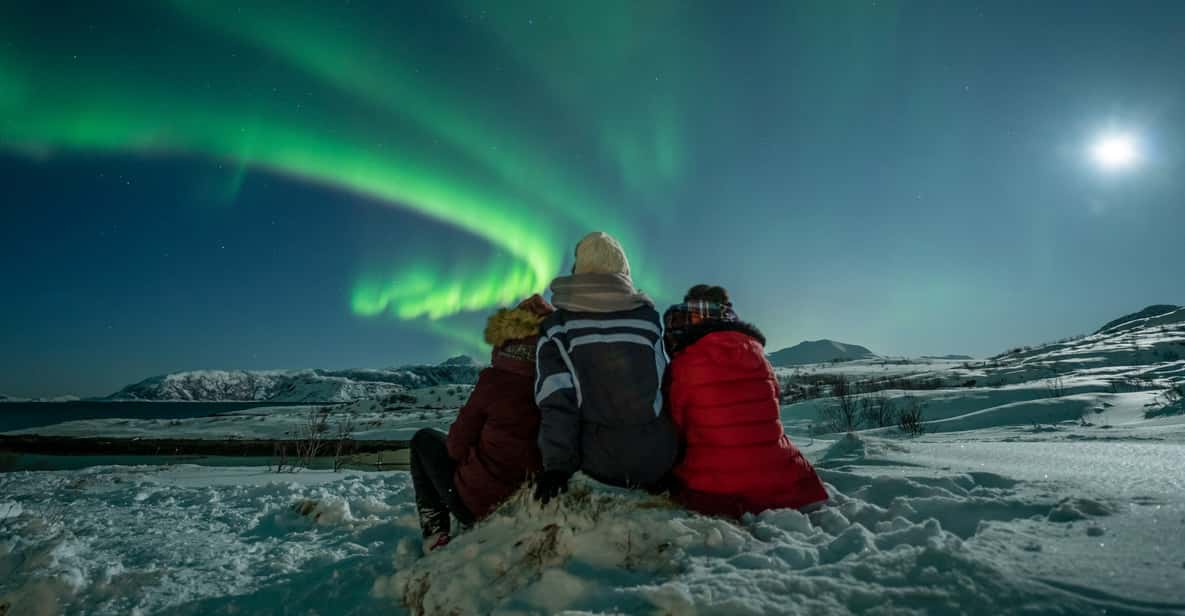
For Northern Lights
Optimal Time: September to March
Peak Conditions: October to February
Pro Tips:
- Book a minimum 7-day trip to increase viewing chances
- Choose accommodations away from city lights
- Monitor aurora forecasts daily
For Outdoor Activities
Hiking: June to September
Ice Caves: November to March
Glacier Hiking: Year-round (best June to September)
Highland Access: July to September
For Wildlife Viewing
Whales: April to September (peak June-August)
Puffins: May to August
Arctic Foxes: Year-round (best winter for white coats)
For Photography
Landscape: Year-round
Northern Lights: September to March
Midnight Sun: June to July
Fall Colors: September to October
Money-Saving Tips for Any Season

Accommodation Strategies
- Book 6-12 months ahead for peak season
- Consider guesthouses over hotels
- Look for early booking discounts
- Use reward points during peak times
Transportation Tips
- Book rental cars 3-4 months ahead
- Consider camper vans in summer
- Use public transport in winter
- Share rental costs with other travelers
Activity Planning
- Book guided tours in advance
- Combine tours for package discounts
- Use free walking tours in Reykjavik
- Purchase a city card for urban exploration
Common Mistakes to Avoid

Underestimating Weather Impact
- Pack appropriate layers regardless of season
- Build flexible itineraries
- Have backup indoor activities planned
Poor Timing for Specific Activities
- Research seasonal road closures
- Check daylight hours for photography
- Verify attraction opening dates
Overpacking the Itinerary
- Allow for weather delays
- Build in rest days
- Account for driving times
Your Ultimate Iceland Packing Guide 🎒

Pin this packing guide for later! Each season needs different gear, and I’ve tested everything personally across multiple Iceland trips.
Summer Essentials (June-August) ☀️
Must-Have Clothing:
- Lightweight waterproof jacket
- Quick-dry hiking pants
- Merino wool base layers
- Waterproof hiking boots
- UV-protective sunglasses
Special Items:
Winter Warriors (December-February) ❄️
Core Gear:
- Insulated winter parka
- Waterproof snow pants
- Thermal base layers set
- Insulated winter boots
- Crampons for ice
Photography Gear:
Shoulder Season Savvy (Mar-May/Sep-Nov) 🌤️
Adaptable Layers:
Tech Essentials:
Shopping Tip: Check our [recommended gear page] for current prices and exclusive discounts on our tested travel gear!
Free Downloadable Packing Lists 📝
- [Summer Packing Checklist PDF]
- [Winter Packing Checklist PDF]
- [Shoulder Season Packing Checklist PDF]
Pro Tip: Shop seasonal sales to save 15-30% on gear. Winter gear is cheapest in spring, and summer gear is cheapest in fall!
Final Thoughts: When Should You Visit Iceland?
The best time to visit Iceland truly depends on your priorities. Summer offers endless light and maximum accessibility but comes with peak crowds and prices. Winter delivers unique experiences like ice caves and northern lights but requires more preparation and flexibility.
For a balance of experiences, consider visiting during shoulder seasons (May or September). You’ll enjoy moderate weather, decent daylight hours, and the chance to see both seasonal highlights while avoiding peak crowds and prices.
